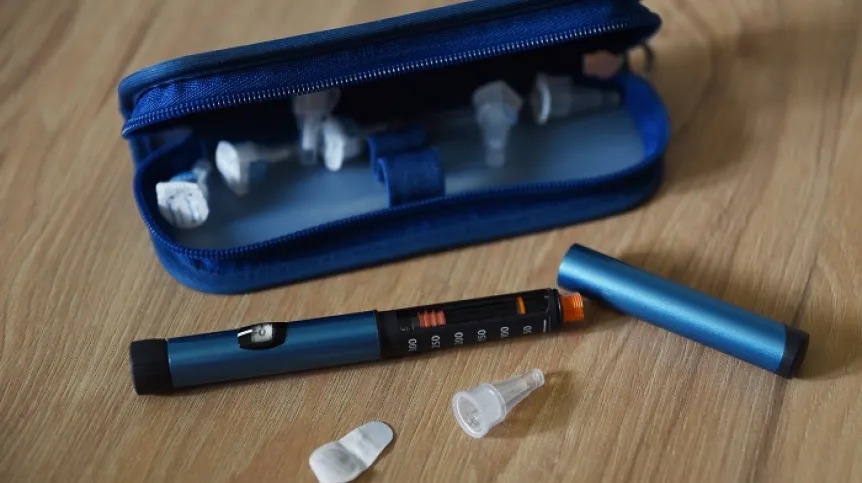
Researchers have found over 120 compounds that help increase the risk of diabetes.
The team from the University of Warmia and Mazury in Olsztyn in collaboration with Harvard T.H. Chan School of Public Health say their latest research is largest study of the association of various metabolites with the risk of type 2 diabetes.
Publishing their findings in the journal Diabetes Care, Jakub Morze said: “The objective of our joint project was to synthesize data from previous studies using metabolomic profiling in the risk assessment of type 2 diabetes.
“As a result, we have prepared the most comprehensive meta-analysis of 61 cohort studies to date, in which we have identified 123 metabolites potentially associated with diabetes, which in the future may become precise markers of its risk.”
In the Western world, diabetes is already considered an epidemic, but new fields such as metabolomics shed new light on the disease.
The importance of 123 metabolites was indicated by the analysis of selected 61 studies with the participation of over 70,000 participants and covering over 400 substances.
The risk of disease increased with higher concentrations of certain amino acids, certain carbohydrates and metabolites involved in energy production, many glycerolipids and ceramides.
The risk was lower with the higher concentration of several compounds, including glycine (one of the amino acids) and its derivative, betaine.
The study also identified some mechanisms that could lead to type 2 diabetes.
Branched-chain amino acids can affect certain enzymes, and the compounds formed from these amino acids can increase insulin production and overload the cells that produce it.
Other compounds, on the other hand, are likely to decrease cell uptake of glucose. On the other hand, glycine, acting positively, increases the insulin sensitivity of cells.
In the near future, the results may make it possible to assess the risk of developing type 2 diabetes.
More said: “Accurate risk assessment models are literally created before our eyes.
“The use of such a tool affects potential diagnostic and therapeutic decisions. A potential risk underestimation may result in the loss of the chance for early intervention, and overestimation may lead to unnecessary in-depth diagnosis or treatment.
“Hence, the issue of proper model validation and calibration becomes extremely important. Nevertheless, following the first commercial tests using the concentrations of metabolites, I am optimistic about the development of such tools also in the context of chronic diseases such as diabetes.”
He added that thanks to such research, it is also possible to better understand the impact of individual, everyday decisions on the risk of developing the disease.
He said: “For many years, observational population studies have been unable to explain the mechanism of the observed relationships.
“The achievements and knowledge of basic sciences such as biochemistry and genetics came to the rescue.
“Currently, with the help of a metabolomic research, we can determine, for example, in which metabolic pathways changes occur that are related to the consumption of a given group of products or nutrients.”
He added: “Many groups of analysed metabolites are products of the metabolism of nutrients. I hope that in the future we will be able to link the consumption of food groups associated with a reduced risk of diabetes to specific biochemical pathways.”
Find out more - on THIS page. (PAP)
author: Marek Matacz
mat/ ekr/ kap/
tr. RL













